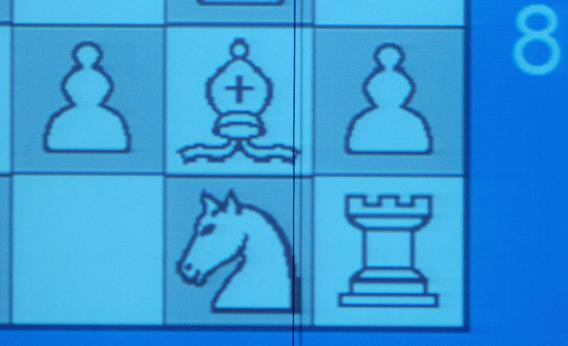We’ve been able to “play the computer” in games for years. But what if, instead of telling them what to do and how to play, we let computers learn from watching us? And what if they used that information to beat us consistently?
It’s not time to invoke Skynet just yet, but researcher Lukasz Kaiser at Paris Diderot University has flipped the logic of computer game play with the help of some basic software, video recognition, and an algorithm.
Kaiser’s software feeds video footage of winning, losing, and illegal moves from five grid-based games to a computer. The computer then analyzes the minimal sets of footage and intuits the exact rules for Breakthrough, Gomoku, Connect Four, tic-tac-toe, and a game we’ve never heard of called Pawn Whopping (if you have, tell us in the comments). Kaiser’s relatively simple laptop can analyze the footage in less than a minute, separating material like human hands from the important stuff, and learn the exact rules of the game from scratch, with information rather than direction. Once the computer learns rules for a game like Connect Four, it’s almost impossible to beat. Remember how we humans lose every time at rock paper scissors?
“There is strong theoretical evidence that it will generalize to the other problems,” Kaiser writes of the method he developed. “Some of those problems might require hierarchical, structured learning or a form of probabilistic formulas, and in the future we intend to consider such extensions. But already the presented technique significantly improves the state of the art in learning from visual input.”
Translation: It may be a little while before computers are learning more complex games like chess just from watching us play, but we’re moving into an age where, with limited visual input, a machine can understand the rules. Hopefully that ability can prime machines to help us with all sorts of problems—not put us in checkmate.
